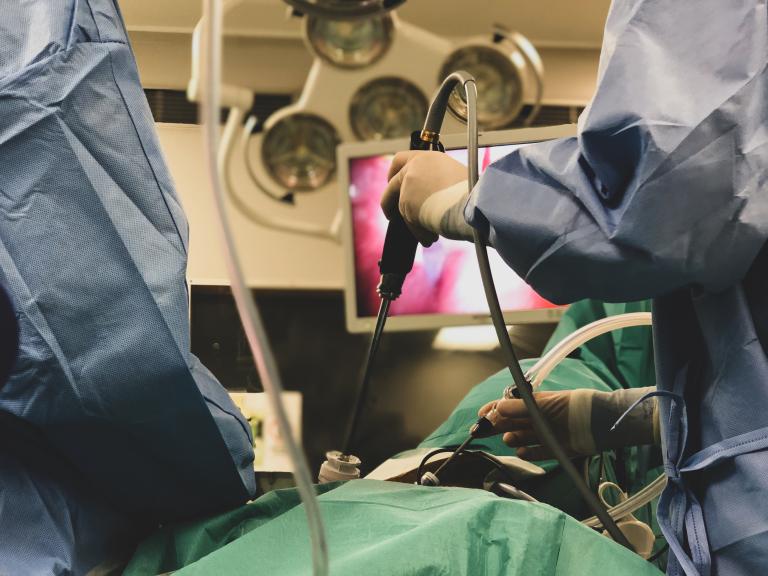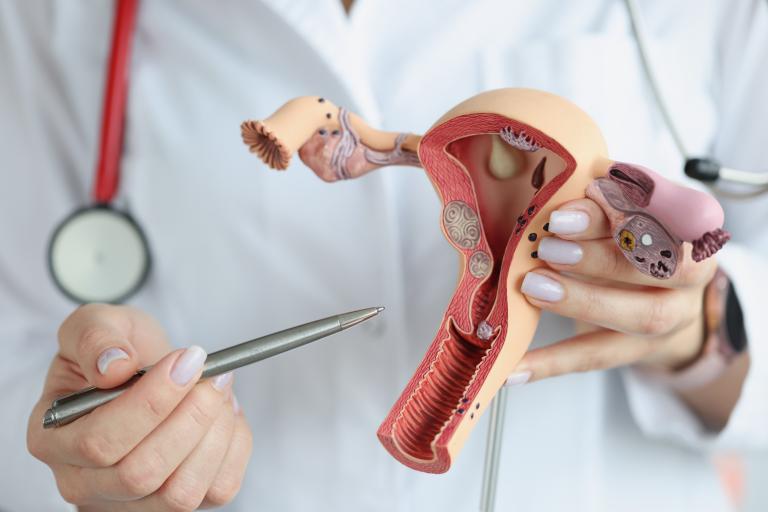Minimally invasive surgical techniques (often called ‘key hole’ surgery) enable surgical procedures to be performed through one or more 5-10mm incisions. Laparoscopic surgery and robotic-assisted surgery are examples of minimally invasive surgery.

Doctors who use minimally invasive surgical techniques have undergone extensive specialised training. Advanced laparoscopic and robotic-assisted surgical techniques require surgeons to undergo both training and formal credentialling to ensure patient safety and quality outcomes.

Minimally invasive surgery offers many benefits. The most obvious of these is the significant reduction in the size of the surgical incision (scar). Minimally invasive surgery magnifies the surgeon’s vision to facilitate precision operations. It is associated with faster recovery times, lower requirements for pain relief, less disruption to other organ systems (eg bowel and bladder), an earlier return to work, a faster return to normal quality of life and fewer complications, compared to open surgery.

In the modern era of surgical techniques, most gynaecological problems can be managed with minimally invasive surgery. This includes operations for some gynaecological cancers. In most cases, Dr Green and Dr Goulding can offer patients laparoscopic surgery rather than open surgery.

Dr Goulding and Dr Green also have extensive training in open surgery so if a minimally invasive approach is not appropriate for any reason, they can proceed with open surgery instead.